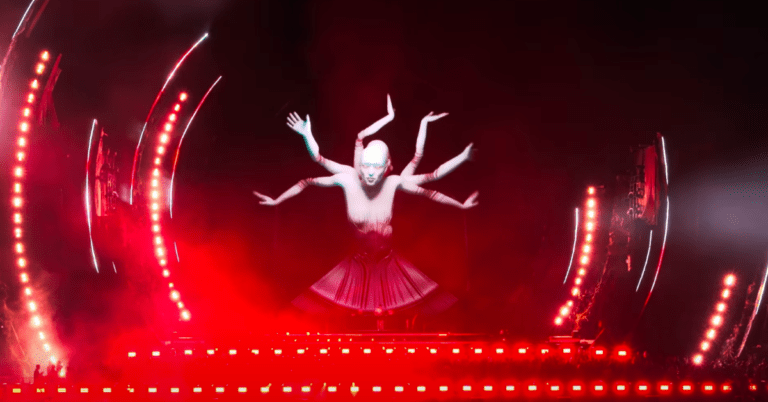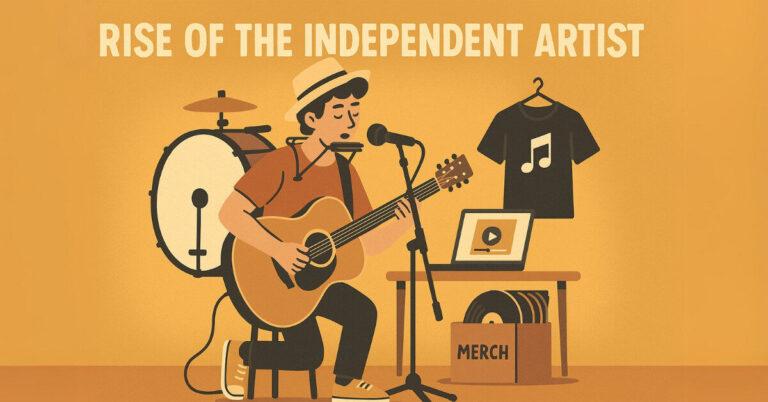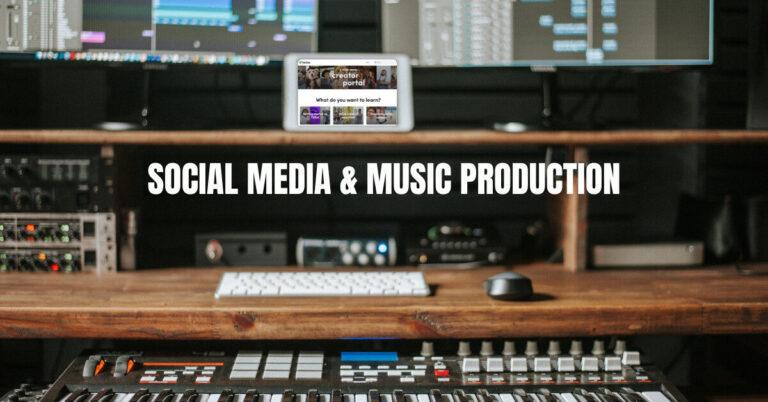How AI is Shaping the Music Industry
Artificial Intelligence (AI) is transforming the music industry, blending technology with creativity to reshape the way music is made, experienced, and consumed. From songwriting and production to live shows, AI is revolutionizing music in profound ways, sparking both excitement and debate. While it offers powerful tools for innovation, it raises questions about authenticity, artistry, and ethics.
AI is increasingly used to create music. Programs like OpenAI’s MuseNet and AIVA analyze vast datasets to compose original melodies, harmonies, and even complete songs across genres. For musicians facing creative blocks or seeking new sounds, AI provides a collaborative tool that never tires. These technologies offer endless possibilities for experimentation and innovation.
AI’s Role in Music Creation and Production
AI is also mimicking the styles of legendary artists. For example, Sony’s Flow Machines project created the track “Daddy’s Car” in the style of The Beatles. While AI can replicate structure and tone, it often lacks the emotional depth that human creativity brings. This raises the question: as AI-generated music becomes more common, what role will human creativity play?
AI is also transforming music production. Platforms like LANDR and iZotope use machine learning to master tracks with precision. These tools analyze audio files to adjust equalization, compression, and other technical elements, enabling independent artists to produce professional-quality tracks without costly studio time. AI’s ability to streamline technical processes allows artists to focus more on creativity.
AI and Music Discovery: A Double-Edged Sword
AI plays a crucial role in music discovery through personalized recommendations. Streaming platforms like Spotify and YouTube Music use AI algorithms to curate playlists based on user behavior. This is a game-changer for artists looking for exposure. Appearing on AI-driven playlists can propel a song to viral status. However, this reliance on algorithms may limit musical diversity. Prioritizing commercial success over artistic variety.
Ethical and Legal Challenges of AI in Music
Despite the advantages. AI in music raises significant ethical and legal concerns. One of the most pressing issues is copyright. AI tools that train on existing music datasets may unintentionally infringe on intellectual property, prompting lawsuits. Deepfake technology, which uses AI to mimic an artist’s voice, has sparked concerns about consent and compensation. A viral deepfake track featuring a pop star’s AI-generated vocals in 2024 ignited debates on how to protect artists’ rights in an AI-driven world.
AI in Live Music and Virtual Artists
AI’s influence extends to live performances, with artists like Anyma blending AI-driven visuals with music for immersive, surreal experiences. By synchronizing dynamic visuals with sound, Anyma is creating groundbreaking performances that redefine the live concert experience. These innovations highlight how AI can elevate music beyond traditional formats.
Additionally, virtual artists powered by AI are emerging as a new phenomenon. Digital personas like FN Meka and Lil Miquela produce music and interact with fans in virtual spaces. While these AI-driven figures challenge traditional ideas of artistry, they offer new opportunities for creative expression and audience engagement. However, their rise raises important questions about authenticity and the role of human connection in music.
The Future of AI in Music: A Balance of Innovation and Emotion
Looking forward, AI’s impact on the music industry is only set to increase. From personalized listening experiences to AI-assisted global collaborations, the possibilities are endless. Yet, the industry must navigate challenges around copyright, ethics, and authenticity. While AI has the potential to revolutionize music, the emotional connection and storytelling at the core of music will always be a vital part of the art form.






